Exact Answer: 3 – 4 Weeks.
Potatoes are one of the favourite vegetables of a majority of people due to their versatility to taste good with virtually any food combination. Potatoes are a popular choice for many side dishes because of the multitude of ways in which you can serve them. Thus, when buying potatoes to prepare one’s favourite dishes, it is important to know about their shelf life to ensure that they are well stored to prevent spoilage.
Potatoes are also relatively inexpensive and thus are bought in almost every household.
Potatoes tend to last long, but it is essential to known precisely how long can they last before spoiling so that one can understand up till when will the stored potatoes be safe for human consumption.
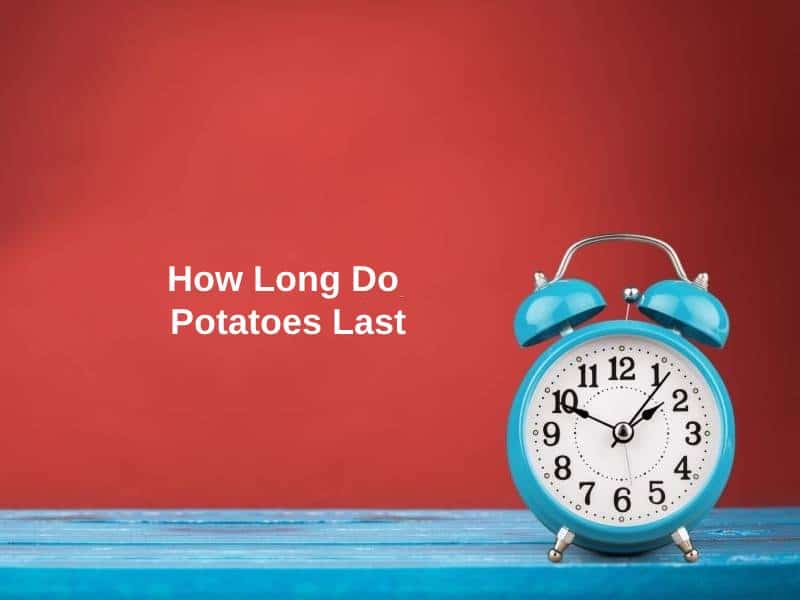
How Long Do Potatoes Last?
Potatoes, like garlic and onions, have a quite long shelf life. If stored in ideal conditions they can last comparatively longer in comparison to other veggies.
The duration of time for which potatoes stay fresh depends on several factors, including how are they stored, where have been they stored and the fact whether the potatoes are cooked or not.
Potatoes last longer if they are stored at a place that is well-ventilated.Thus, to ensure that the potatoes don’t go bad, it is essential to store them in the right way possible.
In general, uncooked potatoes can last for a few weeks without affecting their quality. Cooler temperatures facilitate longer shelf life than potatoes stored at room temperature. Once cooked, potatoes can last approx 3 days in the refrigerator.

| Storage Medium | Duration |
| Pantry (At normal room temperature) | 1 – 2 weeks |
| Refrigerator | 3 – 4 weeks |
| Freezer | 10 – 12 months |
Why Do Potatoes Last This Long?
Paying close attention to storage conditions can help potatoes last longer.
Potatoes must be kept in a cool, dark and dry place such as a pantry, cellar, cupboard or cabinet that keeps them away from direct sunlight. Uncooked, raw potatoes are best stored in a container such as a box, open bowl or any perforated bag that allows air to circulate around them. They should never in sealed in airtight bags or containers.
Sunlight or fluorescent light can cause potato skins to produce chlorophyll that can turn into an undesirable green colour. Storing potatoes in the dark will prevent them from turning green and developing a high solanine content, which can cause nausea, vomiting, and diarrhoea when consumed in high quantities.
Storing potatoes at temperatures that are lower than normal room temperature can help delay the formation of sprouts on the skin of potatoes which is one of the first signs of spoilage.

Studies and researches have found that storing potatoes in cool temperatures are known to quadruple their shelf life compared to storing them at room temperature. Storing at lower temperatures also helps preserve their vitamin C content.
Although colder temperatures are ideal for potato storage, fresh potatoes are not recommended to be kept in refrigerator freezer as doing so could result in browning and softening of potatoes, resulting in higher sugar content and even an increase in acrylamides. Acrylamides are compounds sometimes formed in starchy foods like potatoes after they have been cooked at high temperatures.
Conclusion
Potatoes are a starchy root vegetable known for their long shelf life. Yet, how long will they last depends on how and where they are stored.
Raw potatoes must be stored in a cool and dark place that allows air circulation. Undoubtedly, it is best to store whole, uncooked potatoes outside the fridge as storing them in a fridge will cause the starch to turn to sugar giving them an unwanted sweet flavour. Once the potatoes are cooked, they should be eaten immediately or must be frozen within few days to prevent foodborne illness.
Always be sure to throw away the potatoes that have a strong odour, mould growth or any other signs of food spoilage as they become unfit for consumption when these signs are visible.

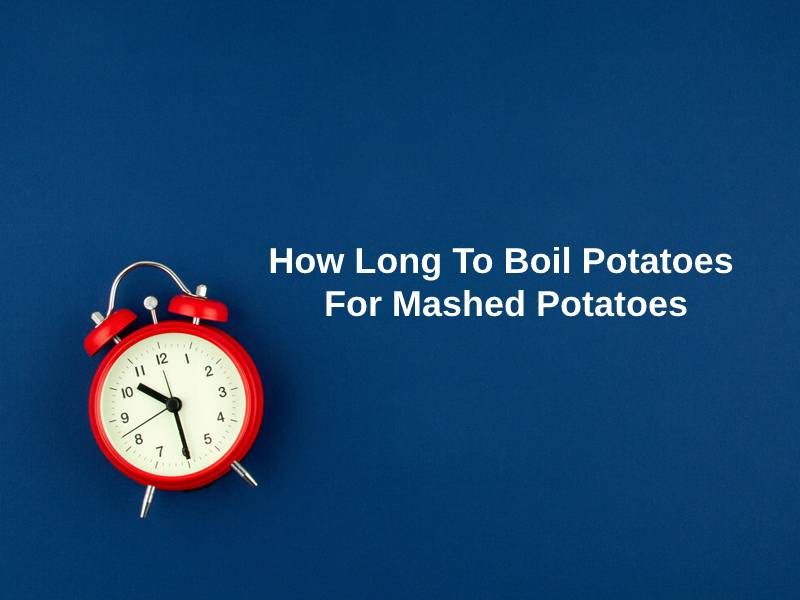
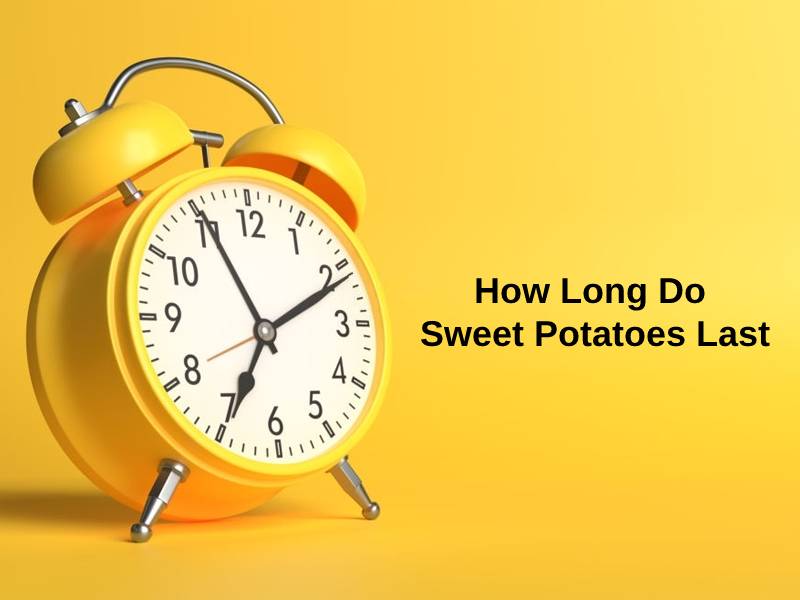
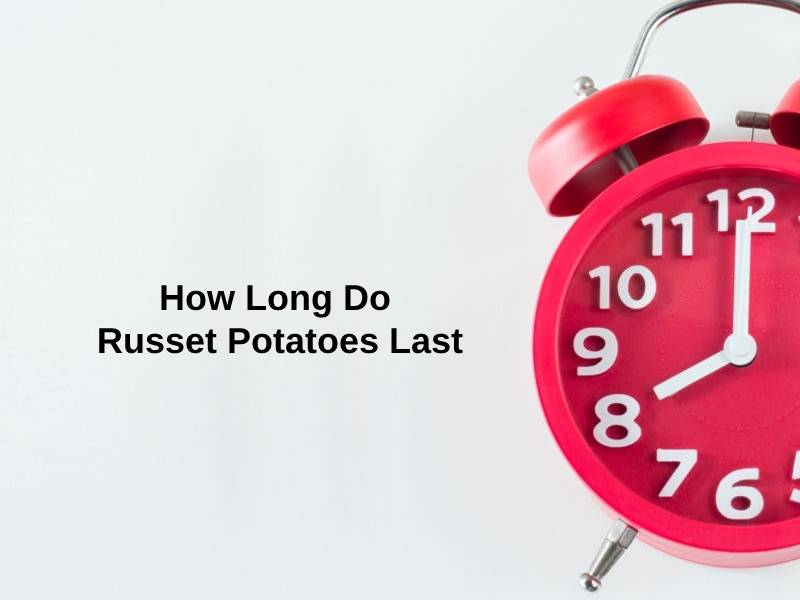

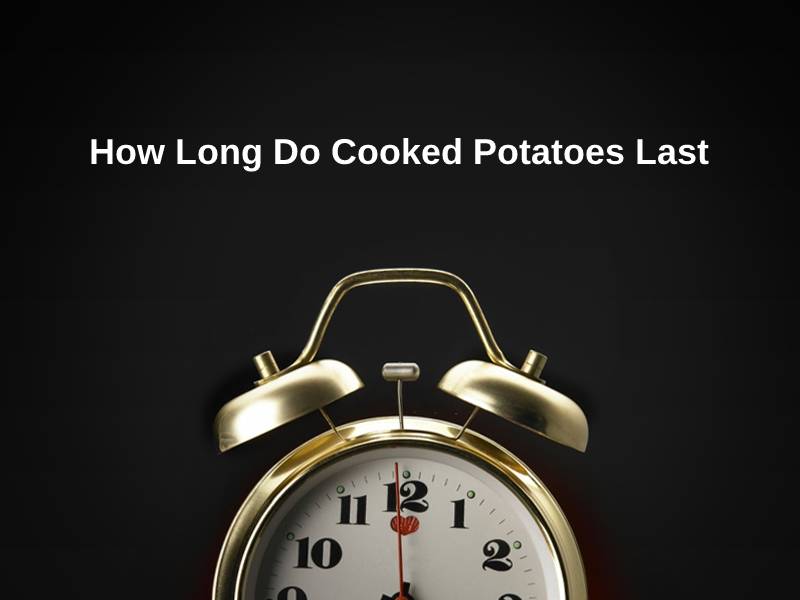
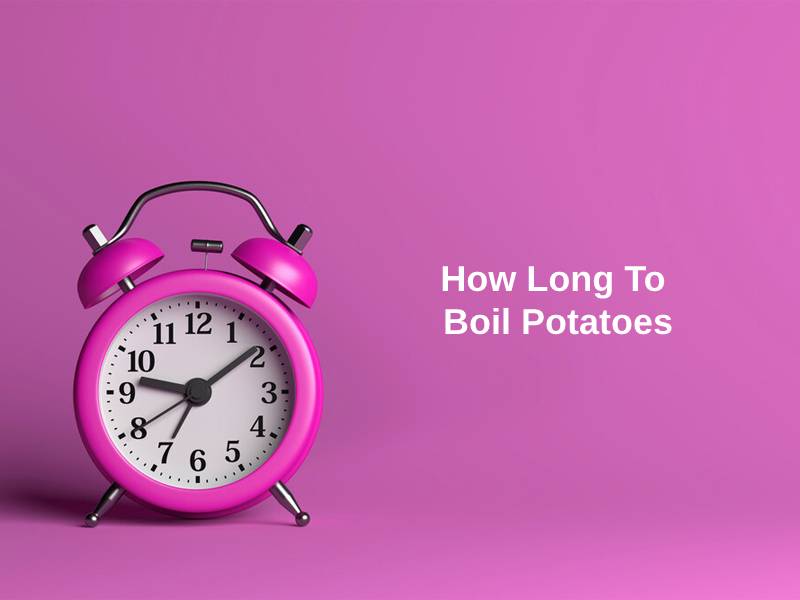
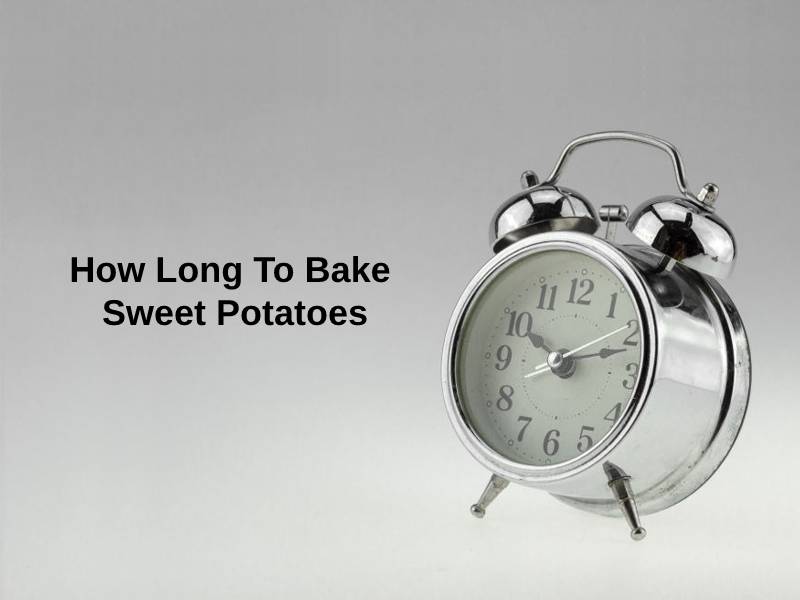
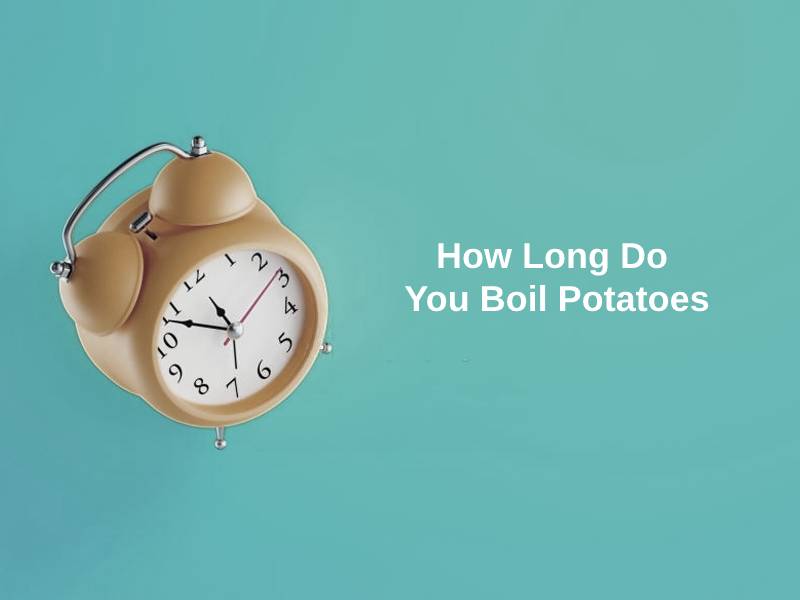
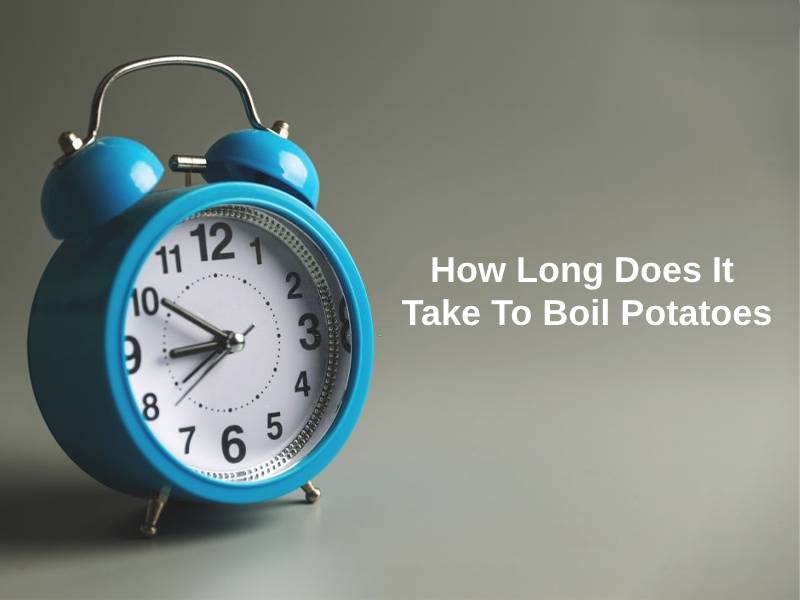
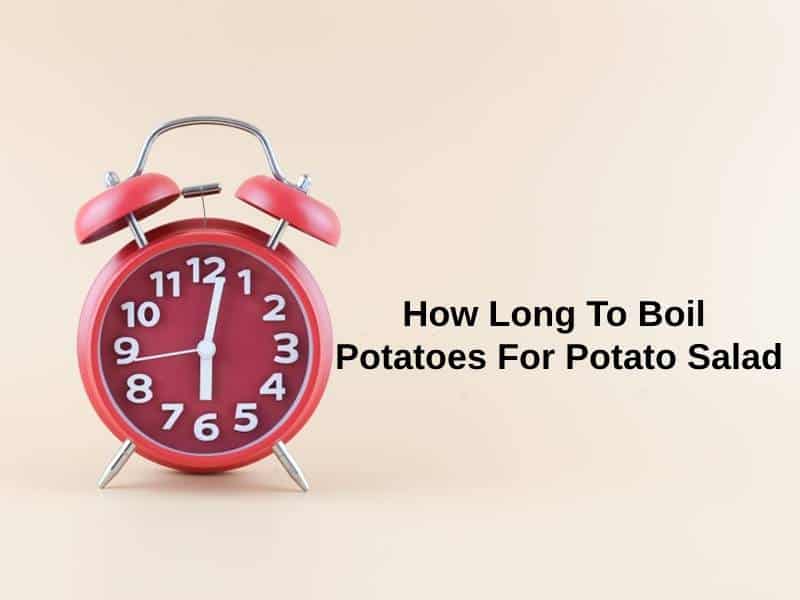

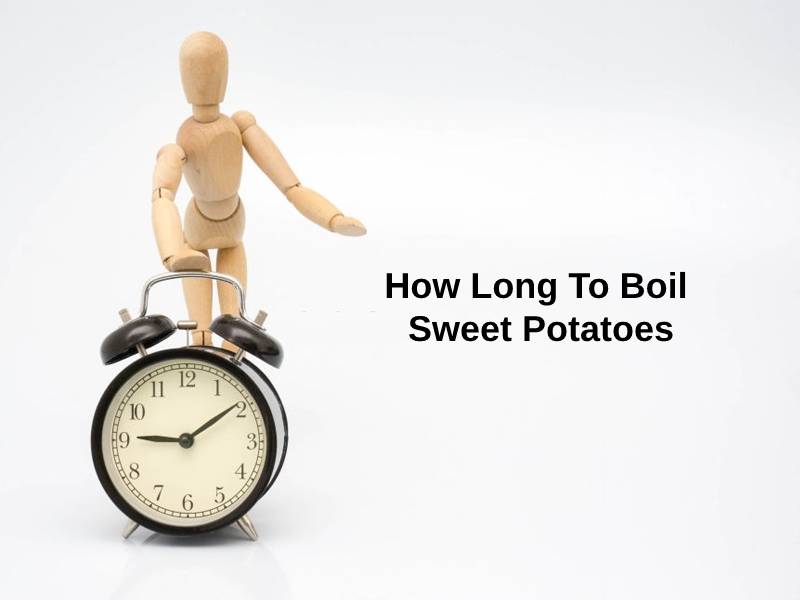
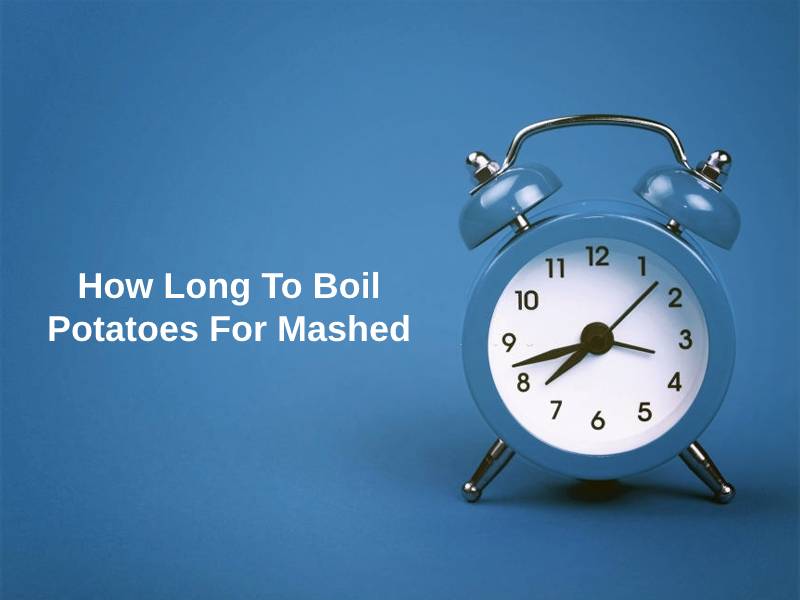
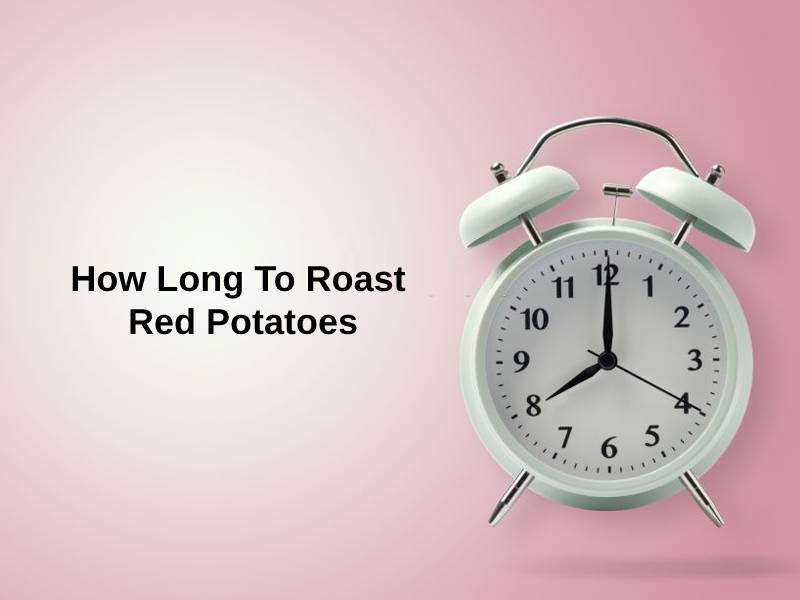

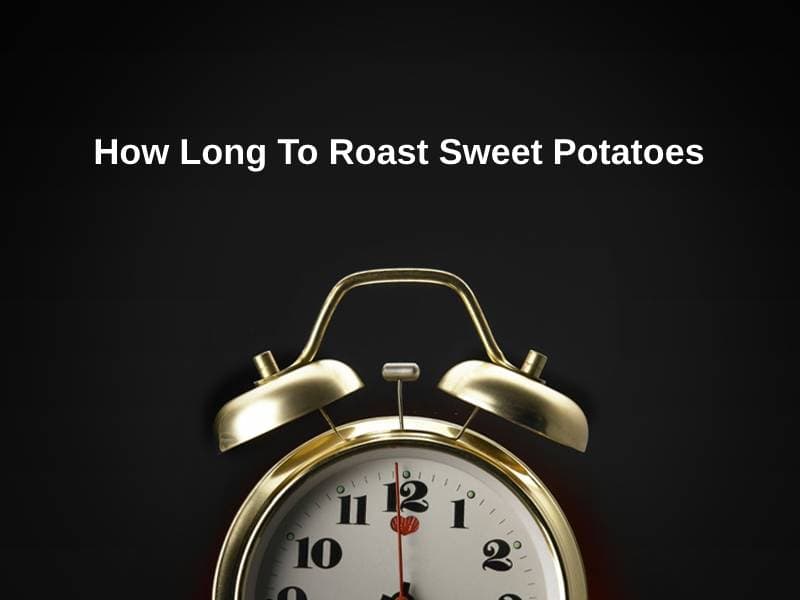
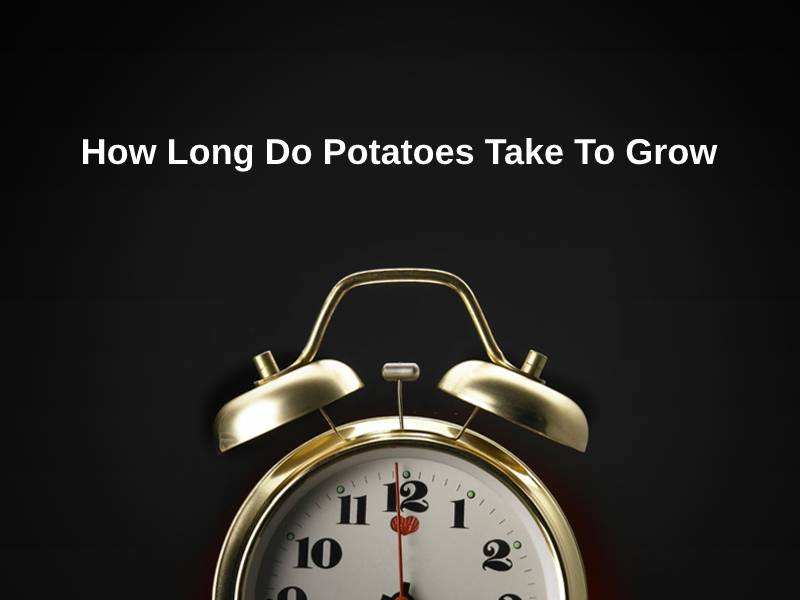

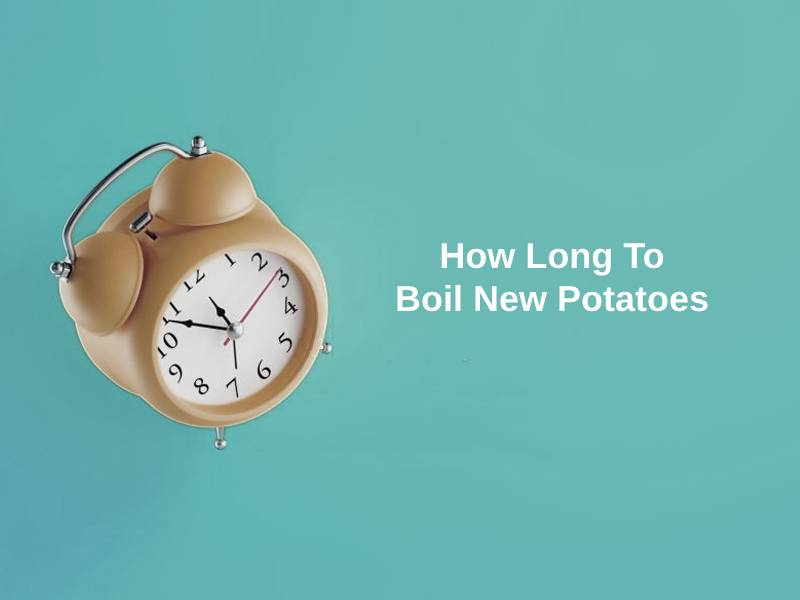
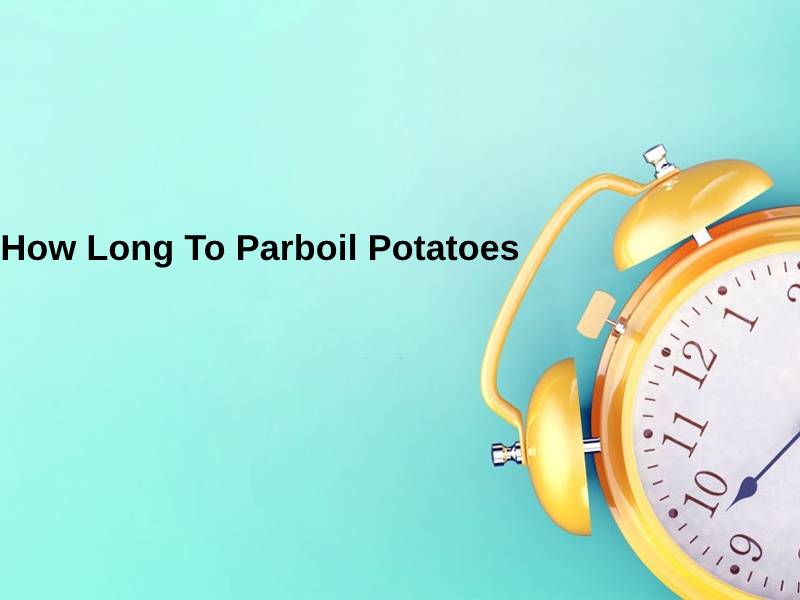
I store my potatoes in the refrigerator and they last for weeks
It is fascinating how many factors influence the shelf life of a potato
People underestimate how important is the proper storage of potatoes
Yes, it’s very interesting!
This is good to know!
Totally! Very informative
Potatoes are my favorite!!
Yes, they are delicious and very easy to cook!
I had no idea about the risks of storing potatoes in the refrigerator
I didn’t know that either
Me neither, interesting to know
I don’t really like potatoes…
Come on, they’re so versatile! You can cook them in so many ways.
I agree, potatoes are a staple food in many cultures
This is very informative, not many people know about the proper storage of potatoes
True, this article offers valuable information
I always store my potatoes in the pantry and they last for weeks!
Interesting, I’ll have to give it a try
Your pantry must be ideal for potato storage
We take food safety for granted, it’s good to be informed
It’s always important to stay informed about food safety
Absolutely
This article is spot on, I’ve had potatoes last for a really long time stored the right way
Yes, proper storage is key
I disagree with their recommendations, my potatoes always spoil quickly